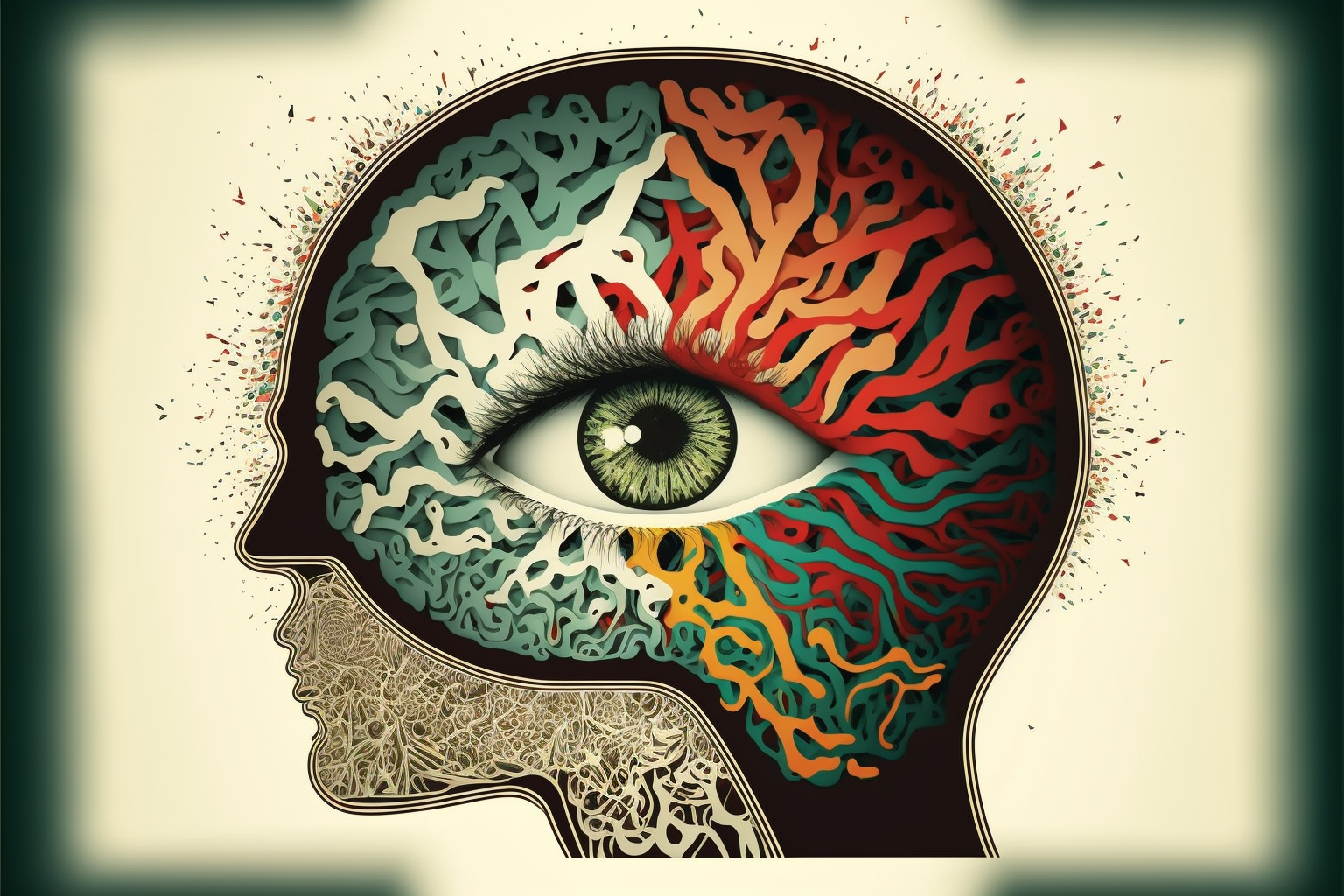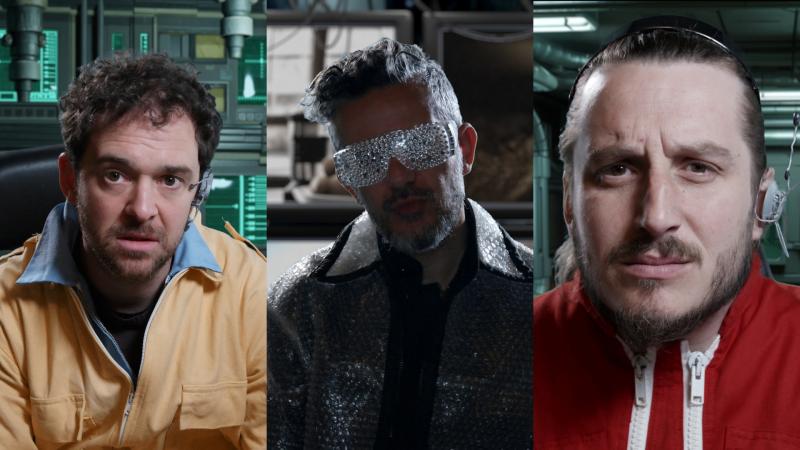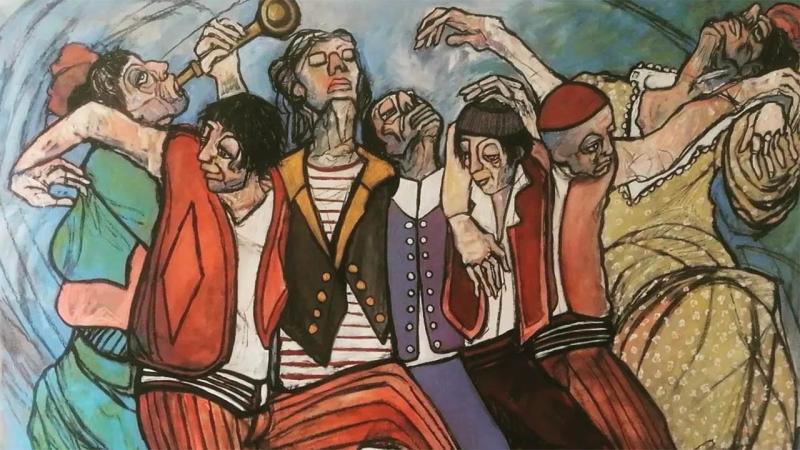There are certain external views that we have internalized.
That of a parent, a teacher, a friend, an idol. Someone who mattered to us at some point - recently or in our childhood - and who has become a permanent filter in the way we see the world. So much so that we no longer realize it.
In every new situation, we react for that person.
We imagine what they would find admirable, ridiculous, welcome, inappropriate and act accordingly. We don't know where they are watching us from, but they are watching us, even (and especially) when we are alone. So we pretend to like something, to hate it, to enjoy it, to be offended by it. We act against our instincts to gain approval from someone who isn't there.
We want to control our thoughts. To justify the ideas that don't go the right way. Those that would not please them.
Sometimes, several views merge into an indistinct mass that no longer has a name. A multiform presence that judges us and ends up being part of us. Because that is the danger: when the genesis of this view disappears and all that remains is a permanent judgment whose origin is unknown. We seek to score points in a game without an opponent that we cannot win.
The first remedy is to realize this.
To recognize those moments when the superego denies the instinct, when the heart says something that the brain reflexively opposes. As if the impulse itself were taboo. Where does this appreciation come from? Is it justified? Is it part of a recurring pattern? Do we feel a presence behind it?
Then remember that these views are internal constructions that no longer have any connection with the people who were the source of them. Judgments that we hold between ourselves and ourselves, unanchored in reality, and which we can choose to get rid of without asking permission.







